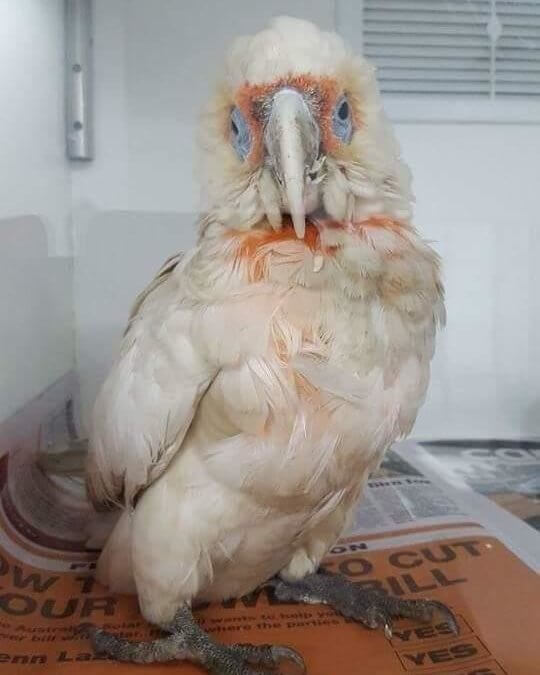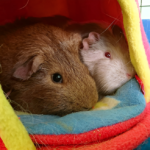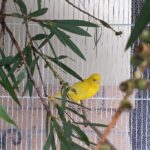Hello everyone! This month we thought we would talk to you about signs of illness to look for in our exotic pets. It is extremely important to be on the lookout for these things so that we can address any medical issues as soon as possible. We are starting with our feathered friends. As many of you are probably aware, birds are the masters of disguise when it comes to illness! This is of course a natural instinct in birds and many other creatures we see, as appearing ill/injured/weak will make them an easy target for predators.
This often means that the early stages of illness are not noticed, and our patients are often critically unwell by the time they make it into the clinic.
Do you know the signs to look for in your bird?
The typical signs of a sick bird are often referred to as the ‘sick bird look’ or SBL. This is typically a bird that is quiet, eyes closed and feathers fluffed up. When a bird is in this condition, it means they have lost the ability to pretend they are well, and are now very ill. Birds in this condition can deteriorate very quickly, and should be seen by a veterinarian as soon as possible. These signs do not reflect any disease in particular, so a thorough physical exam and possibly further diagnostics will be required to determine the cause of illness and appropriate treatment.
So, what are the early signs to look for?
Common symptoms that are often overlooked are:
- increased sneezing
- increased ‘yawning’ or stretching open the beak
- coughing
- vomiting
- reduced appetite. Did you know that birds will pretend to eat?! You have to look closely to see that the food is actually being consumed!
- increased sleeping and reduced interaction with the owner
- reduced vocalisation, change in voice
- increased respiratory rate or effort, often noted as a slight ‘tail bob’ when the bird is perching
- loose/unformed droppings, more water around the droppings
If you see any of these signs, you should contact your avian veterinarian immediately and arrange an appointment as soon as possible. In the meantime, keep your bird warm and quiet, and offer favourite foods to encourage them to eat.

If you look closely, you can see some wet feathers around the face, this may indicate nasal discharge or vomiting.
(Akala has just woken up from an anaesthetic, so he is sitting on soft towels and has a catheter in his wing)
The feathers are also quite dirty, indicating the bird hasn’t been preening properly


This little dove has been vomiting, you can see the vomit with some seeds in it on the walls of her hospital cage.
If you are ever unsure if your bird is unwell please feel free to book your scaled friend in for a health check today on our website or by calling the clinic on 07 3217 3533. Our highly trained nurses are very adept at determining what constitutes an emergency, and the urgency of your feathered friend getting in to see us.




